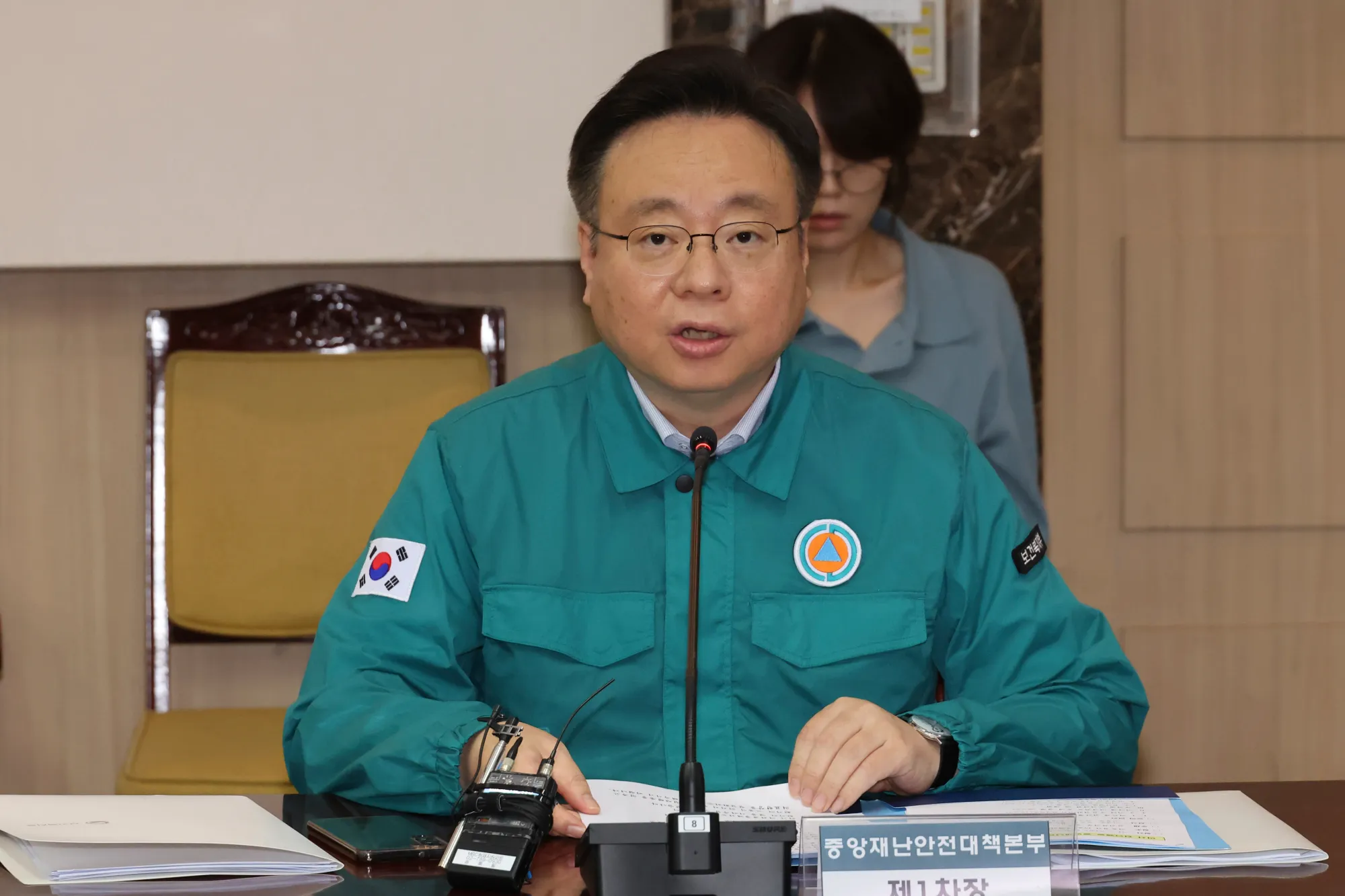In an effort to resolve a months-long strike, South Korea has decided to retract its plan to suspend the licenses of trainee doctors who walked off their jobs. The strike, which began in February, was in response to the government’s decision to increase medical school admissions.
Key Developments:
- Government Concession: Health Minister Cho Kyoo-hong announced that the government will not suspend the licenses of striking doctors, regardless of whether they return to work immediately. This decision aims to address the urgent shortage in medical services caused by the strike.
- Impact of the Strike: The strike involved thousands of trainee doctors, including medical interns and resident doctors, which forced major hospitals to reduce non-emergency services and turn away patients from emergency rooms.
- Protest Background: The striking doctors oppose the government’s plan to increase medical school admissions by 2,000 students per year. They argue that the government should first improve pay and working conditions before expanding the number of physicians.
- Government’s Response: Minister Cho emphasized the necessity of creating a sustainable medical system that does not rely on the excessive work of trainee doctors. He urged the striking doctors to return to work and participate in discussions about their working conditions and future medical school admissions.
Government’s Call to Action:
Minister Cho Kyoo-hong encouraged trainee doctors to make the decision to return to work without hesitation, assuring them that the government would support them in focusing on their training without worries. He called for dialogue to address the working conditions of the doctors and the medical college admission quotas for 2026 and beyond.
Moving Forward:
The government’s decision to drop punitive actions is seen as a step towards ending the strike and addressing the critical shortage in medical services. It also opens the door for constructive discussions on improving the healthcare system, which could potentially benefit both medical professionals and patients in the long term.



